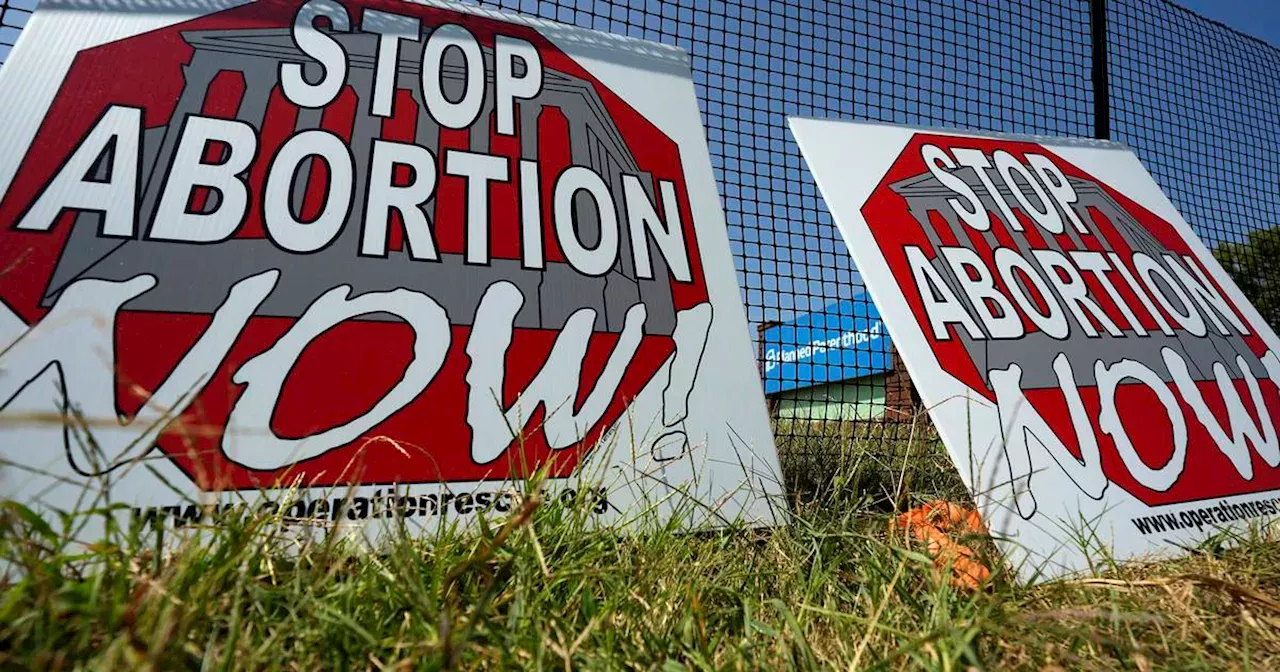Welcome to Chicago! The crime-ridden dystopian nightmare we call home. Stroll down Michigan Avenue, past the shuttered shops and the brazen thieves boldly pilfering luxury goods, confident the police won’t arrest them and the state’s attorney wouldn’t prosecute them if they did ..
. Whoops, that isn’t true. Chicago, glittering vacationland, home of the blues and deep-dish pizza, birthplace of the skyscraper.

A center for art — the location of Picasso’s only monumental sculpture, plus our beloved Bean, the shiniest, beaniest, most instantly beloved artwork on earth. We rose from the ashes and held the greatest fair of all time, so certainly we can hold another Democratic National Convention , our 27th major party convention , if you count the Progressive Party in 1912. So which is it? When the balloons drop Aug.
22 — I almost said “when the smoke clears” — what will be left of Chicago’s reputation? Another boost for sweet home Chicago, celebrated in song, cynosure of American life? Or will it be more body blows for the punching bag of the Western world? ‘Chicago can handle a big event’ Chicago boosters are confident the city will shine. “I believe Chicago is going to be a star,” said Guy Chipparoni, whose Res Publica Group promotes Lollapalooza and other big-ticket festivals. “Chicago can handle a big event.
” That much is true. From a purely attendance perspective, Chicago holds numerous trade shows that are bigger deals than the DNC — the city expects 50,000 guests at the convention, but the National Restaurant Show last May drew 58,000, and the vast majority, like the millions of visitors who come here, aren’t mugged in any fashion worse than paying $13 for a can of Bud at Wrigley Field. Chicago has been wowing convention visitors since Lincoln’s debut.
The city “is a wonder to a stranger,” wrote Simon P. Hanscom, editor of the Washington National Republican and a friend of Lincoln, noting “its broad avenues, magnificent buildings, splendid shops and fine private residences.” Drawing people here is always seen as a good thing, even when it isn’t.
One irony of the disastrous 1968 Democratic National Convention is that the city had been desperate to land the event specifically for the public relations bonanza it was expected to yield. McCormick Place had burned to the ground in 1967, and snagging the DNC was seen as “essential” to show that the city was still in the convention game. “If there was a question in anybody’s mind whether Chicago’s still in the convention business, we’re in it with both feet, and this proves it,” Chicago Convention Bureau executive director Gerald Sanderson told the Chicago Daily News after the Democrats picked Chicago, yielding to furious lobbying by Mayor Richard J.
Daley. Bad publicity hard to shake Good publicity helps. Bad publicity hurts.
The subsequent riots not only drove away political conventions — another one wouldn’t come for 28 years — but also trade shows and business conventions. In the wake of the 1968 convention, the Chicago Newspaper Guild voted against asking its national American Newspaper Guild to hold a convention in Chicago because “it would be improper” to invite journalists to a city where “more than 30 newsmen were beaten without provocation.” A reputation is hard to shake.
The 1996 convention was supposed to redeem Chicago’s reputation (as was the 1932 convention, intended to counter all of that Al Capone nonsense — it didn’t). If nothing else, our current political moment should have taught us that reputation and reality can differ widely. Chicago has never been close to being the murder capital of the country — our homicide rate isn’t half that of St.
Louis or Baltimore. But we wear the jacket in part because we’re the third-largest city in the country and in part because the city became a dog whistle for Republicans when they want to conjure up the inflamed racial fears of red state America. “It’s strange,” said Calvin Evans, a Chicago stand-up comedian who performs all over the world.
“The perception is that Chicago is a dangerous place. I say, ‘I’m from Chicago,’ and people are, like, ‘It’s rough in Chicago.’ I’ve lived in Chicago my entire life, I grew up in Logan Square, I live in Englewood, and I never felt unsafe in Chicago.
” Convention organizers don’t hold out much hope of converting Fox News types who practically celebrate Chicago bloodshed. “Haters are going to hate,” said John Roberson, chief operating officer in Mayor Brandon Johnson’s administration and head of planning for the city’s DNC preparations. “But we are going to demonstrate that the city of Chicago is uniquely positioned for this moment.
And we are going to demonstrate for the entire world to see that Chicago is one of the great cities of the world.” The no-win scenario Of course, what is demonstrated and what is seen and taken to heart are two different matters. I wondered whether the convention might be a lose-lose in that, if something goes significantly wrong, that will be held against the city, while even if everything goes right, or mostly right, that will be simply ignored.
“Yes, totally,” said Ashlee Humphreys, a professor at Northwestern University’s Medill School of Journalism who testified at the E. Jean Carroll defamation trial and wrote the book on online reputation, “Social Media: Enduring Principles.” “If you take the cacophony and ask what does that all amount to, there is a new way of thinking about reputation,” she said.
“One of my key takeaways is that, on social media, there are echo chambers and filter bubbles.” In other words, by the friends you accept on Facebook, the people you follow on X, you already are screening out your information. The same four-day convention will provide grist to both fans of Chicago and critics of the city.
Those who like Chicago will be fed good news. Those who scorn it will be fed bad. “I agree it’s kind of a lose-lose,” Evans said.
“If I believe something to be true, no matter what happens, it’s still true [to me]. If I believe Chicago is a bad place, I don’t believe that changes.” An upside ‘if everyone pulls together’ The possibilities are not all bleak, though.
People who have no strong opinion on Chicago one way or the other will have a chance to encounter the city based on convention coverage. “You’re going to have a lot of eyes on Chicago this August,” Chipparoni said, and they will see “a spectacular city, an unbelievable city, a resilient city. I believe it’s going to stand tall.
” Longtime political publicist Thom Serafin says people in Chicago tend to look at the cost but not the benefit of big events. “Like NASCAR,” he said. “The revenue numbers did not substantiate all the effort.
The profit is in people watching all over the world. Watching that skyline, thinking, ‘I’m going to go there next year. I want to be there.
It’s a beautiful city. The setting is so beautiful.’” He said that, even if there are disruptive protests, the results can be good.
“There’s going to be crazies in the street,” Serafin said. “But the upside for the city can be so much better than the downside if everyone pulls together.” One inescapable legacy of 1968 — and to a lesser extent the 2012 NATO Summit protests and the 2020 demonstrations after the police killing of George Floyd — is how Chicago handles protests will be key to whether the city’s reputation comes off improved or further undercut.
‘Start showing some jubilance’ “It really gives us a unique opportunity for Chicago to ...
nominate someone to the highest office in the land and at the same time provide room and space to the full expression of First Amendment rights,” Roberson said. “We are uniquely qualified in this space, and we get the opportunity to show the world.” In some ways, Chicago is so dubious because past situations may keep us from generating all the enthusiasm we could.
“This is the time of your life,” Serafin said. “The whole world is coming to Chicago. If I were a leader, I would start showing some jubilance.
You have to seize it, go for it. I am. We’re all in this.
It’s good for all of us. It puts money in the till, puts jobs on the street, gives us an opportunity to showcase for the world. I’m very excited about that, but you need somebody to be a cheerleader, to pull everybody together.
” One international audience will almost certainly be buoyed by news of the convention. “Chicago people are everywhere,” said Evans, 39, who does a late show at Zanies on Saturday nights. “I just got off a cruise.
I was in Iceland four days. People from Chicago were walking down the street. Chicago has so much influence around the world.
I think people love things that come from Chicago. People love Chicago. And, if they know it or not, something they love or someone they love comes from Chicago.
”.



















